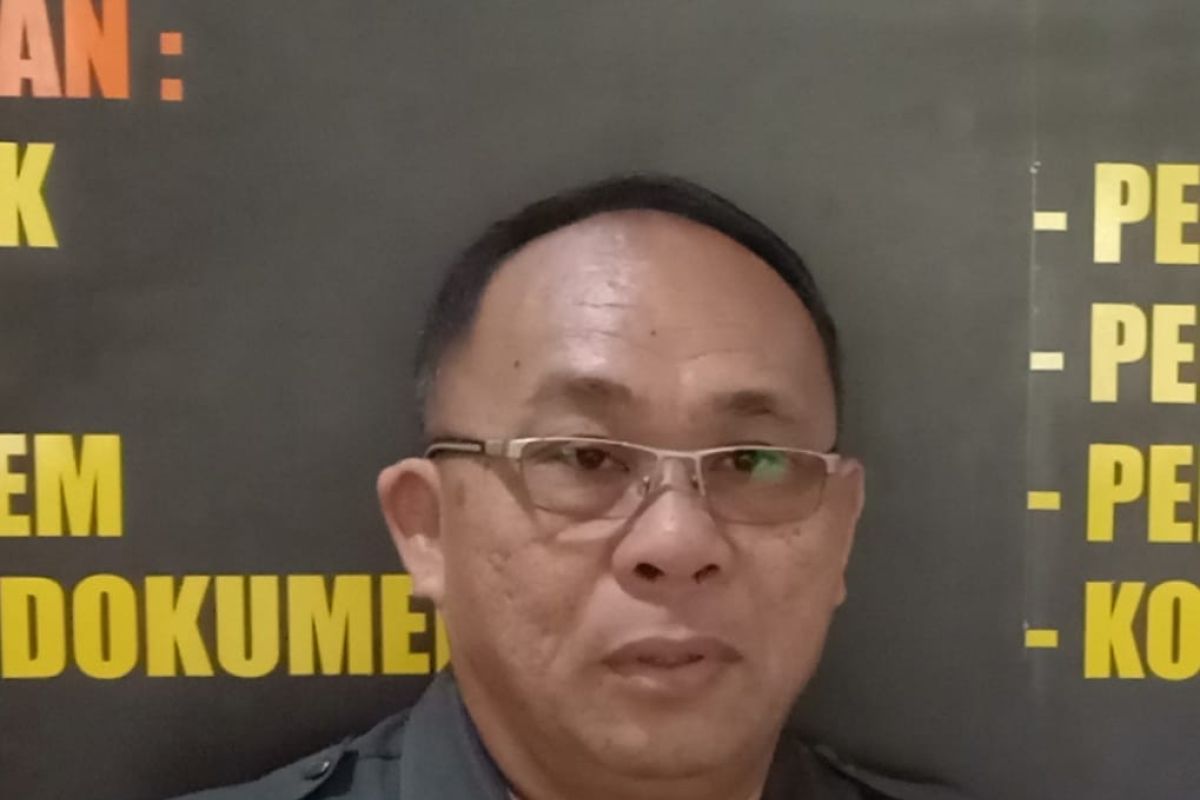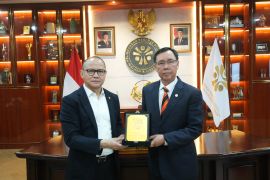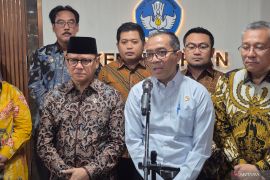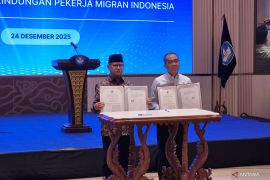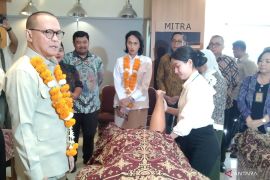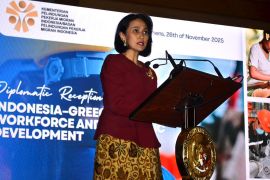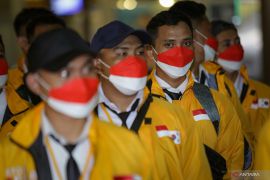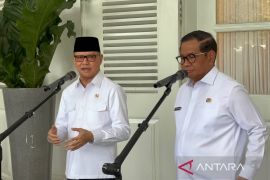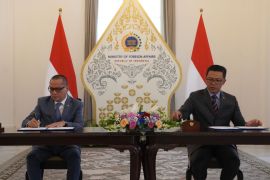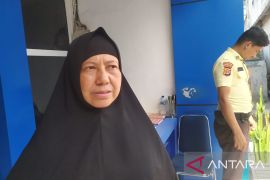"Such open opportunities are present after a memorandum of cooperation (MoC) was inked between the governments of Indonesia and Japan on the placement of specified skill workers (SSW Japan)," Head of Manado's Center for Workforce Placement and Protection Service for Indonesian Workers (BP3TKI) Hard F. Merentek remarked here, Friday.
Merentek noted that the signing of the MoC demonstrates the state's commitment to fulfilling the mandate of Law Number 18 of 2017 on the protection of Indonesian Migrant Workers.
The center has formed an information system to record data pertaining to Indonesian migrant workers and provides information to the Japanese Government in order to arrange the placement of the workers.
"The Japanese government remains committed to absorbing Indonesian migrant workers in accordance with regulatory procedures in Indonesia and Japan and furnishes placement-related information to the Indonesian government," Merentek noted.
Merentek elaborated that the recruitment mechanism involving migrant workers is conducted through a direct pattern under the two schemes of new recruitment of new workers and the one for ex-internships in Japan.
Merentek pointed to the Japanese government simplifying the process for changing the status of the apprenticeship permit to working permit by annulling the need to return to Indonesia.
"Japan needs as many as 345,150 workers in the next five years, comprising 60 thousand care workers, 53 thousand for the food service industry, forty thousand for the construction industry, and 36,200 in agriculture," Merentek remarked.
According to data, the Japanese Government had opened at least 14 work sectors for prospective Indonesian migrant workers.
The 14 sectors comprise care workers, building cleaning management, industrial machinery and tool spare parts, machinery industry, electronics and informatics industry, fisheries and aquaculture, construction industry, ship building and ship machinery industry.
Car repair and maintenance, aviation industry, accommodation industry, agriculture, food and beverage manufacturing, and food service industry are the other sectors.
Merentek added that new workers should clear skills tests in line with the job category and also a Japanese language test.
"Language and skill tests are held twice a year. In the meantime, the ex-interns looking to apply for the job only have to attach an internship certificate," Merentek explained. EDITED BY INE
Translator: Nancy Lynda Tigauw/Bambang Pur
Editor: Eliswan Azly
Copyright © ANTARA 2019
